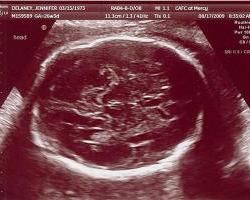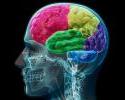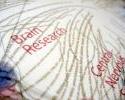A recently published report in the Journal of Molecular Psychiatry suggests that ultrasounds could help treat certain patients with obsessive-compulsive disorder.
In the study, four patients with disabling OCD who were unresponsive to medical therapy were treated with small targets connected to the brain using an ultrasound system. All four patients had the targeted areas of the brain successfully ablated without complications or side effects. The process followed an improvement in each of the patients’ OCD thoughts and behaviors as well as an immediate improvement in depression and anxiety over six months.
"There is a need for non-invasive treatment options for patients with OCD that cannot be managed through medication," Dr. Woo Chang of the Yonsei University Medical Center in Korea said. "Using focused ultrasound, we were able to reduce the symptoms for these patients and help them get some of their life back without the risks or complications of the more invasive surgical approaches that are currently available."
Chang noted that another eight patients will be studied in a larger and more pivotal trial of safety and efficacy. If successful, the ultrasound could emerge as a cost-effective alternative to surgery and improve the lives of patients with OCD. Chang suggested that the process could also be used as non-invasive therapy for other psychiatric disorders – in fact, Chang plans to focus on ultrasounds for treating depression in 2015.
Obsessive-compulsive disorder is a psychiatric disorder characterized by recurring anxiety producing thoughts and ritualistic actions. The symptoms can be overwhelming and sometimes lead to depression. Though a large number of OCD patients improve with drug therapy, some are resistant, which is why Chang’s study is essential. Currently, the only ablative processes for treating OCD including invasive surgery and radiation.
Source: News Wise / Photo Credit: Flickr









